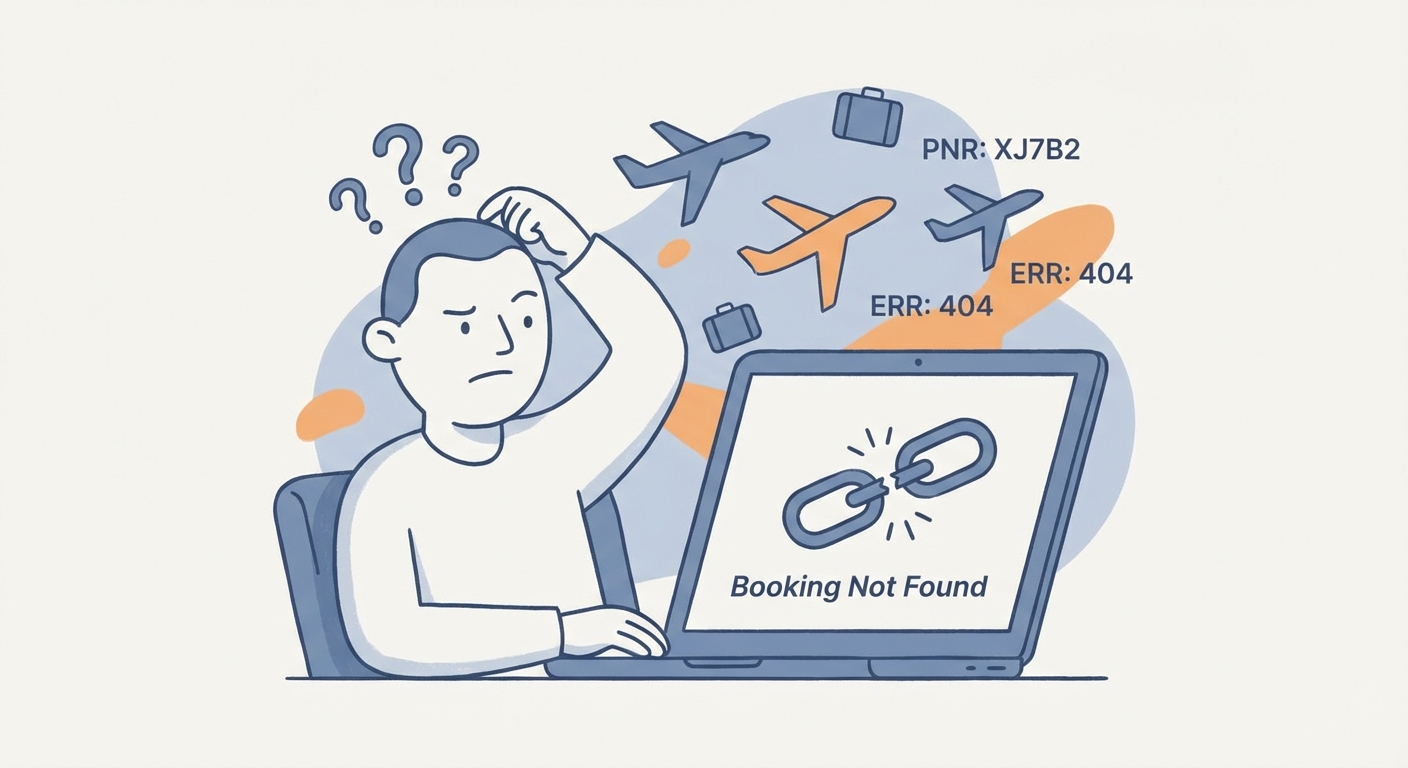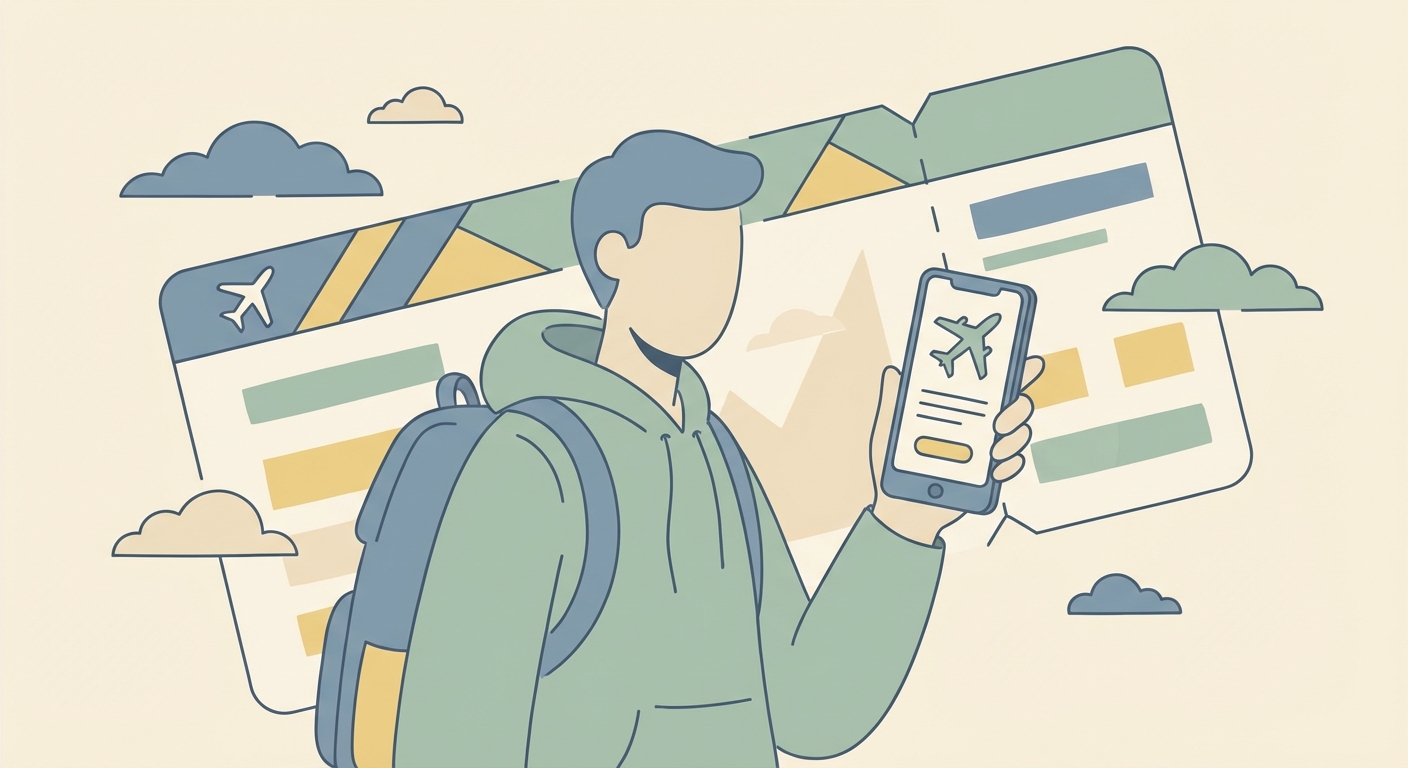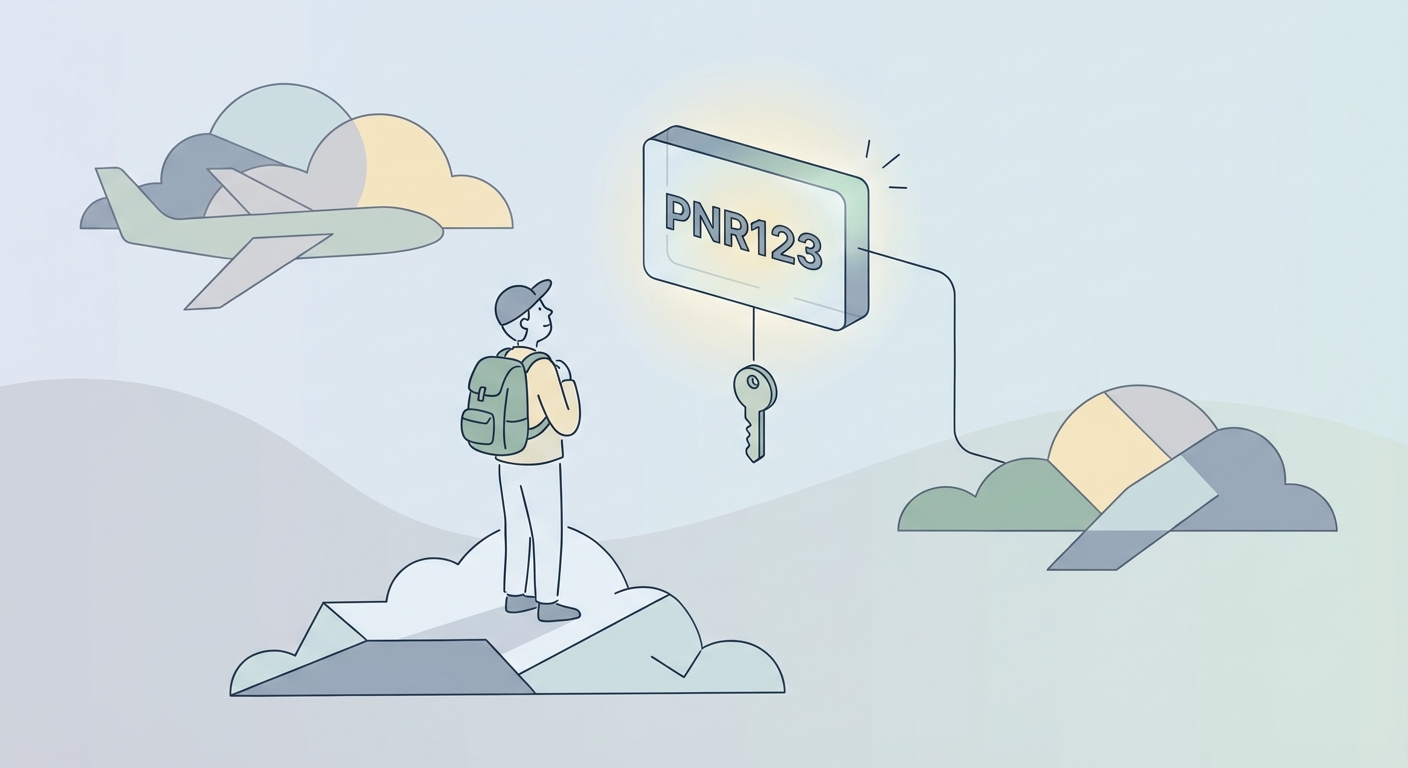Overview of No-Show Policies in Air Travel
TL;DR
- This article covers the ins and outs of airline no-show policies, explaining what happens if you miss a flight, how policies vary across airlines, and potential fees or loss of connecting flights. We break down strategies for managing your tickets if plans change and how to avoid penalties, ensuring your trip remains smooth even with unexpected hiccups. We also look at travel insurance and it's relationship to no-show policies.
What Exactly is a No-Show Policy?
Okay, so no-show policies--ever wonder why airlines get so bent out of shape when you miss a flight? It's not just about being sticklers, there's actually some serious money involved.
Think of it like this: airlines are playing a constant game of supply and demand. If you don't show up, they've lost potential revenue, and their whole system gets a little wonky. But what exactly makes you a "no-show" in their eyes? It's more than just not showing up at the gate. Generally, an airline considers you a no-show if:
- You don't check in for your flight at all.
- You check in, but don't make it to the gate before it closes.
- You miss the check-in deadline.
- You make it to check-in but miss the boarding cut-off.
Airlines oversell seats on purpose, banking on the assumption that some folks won't make it. It's a calculated risk they take for revenue management.
It's kinda like how shanghai disneyland handles tickets, if you are a no-show and the link has expired, it's tough luck. They have specific rules about when you can use your ticket, and if you miss that window, it's gone. Similarly, airlines have strict deadlines for check-in and boarding.
Missing a flight because they screwed up is a whole different ballgame than missing it 'cause you overslept. One's on them, the other's on you, and the policies reflect that.
So, what happens when you're officially labeled a no-show? Well, that's where things get interesting--and where we're headed next.
Common Consequences of Being a No-Show
Okay, so you missed your flight. Bummer, right? But the airline isn't just gonna shrug it off--there's usually some kinda penalty involved. What exactly are you looking at? It varies, but here's the lowdown:
First off, missing your flight can have a domino effect.
- Connecting flights: Often, if you miss the first leg of a journey, the airline might automatically cancel any subsequent connecting flights. It's like they assume if you didn't make the first one, you won't make the others, either. For example, if you're flying from new york to london with a layover, that london flight could vanish if you no-show in new york.
- Return flights: The same goes for return flights. Miss your outbound flight, and your return trip might be kaput.
Before panicking, call the airline as soon as you know you're going to miss your flight. They might be willing to work with you, especially if you have a valid reason. Honesty is usually the best policy, but hey, I'm not judging.
Missing a flight can sting your wallet, too.
- No-show fees: Some airlines charge a fee for missing a flight, on top of whatever you already paid for the ticket.
- Fare differences: If you need to rebook, you'll likely have to pay the difference between your original fare and the current price, which could be significantly higher.
- Fare class matters: These fees and rules aren't set in stone. it all depends on your ticket type. A full-fare ticket is usually more flexible than a deeply discounted one.
Documented emergencies? Airlines might be more lenient. But don't count on it.
So, you're probably wondering, "Can I get any money back?" Next up, we'll dig into refunds and credits, and when you might actually see some of your cash again.
Airline-Specific No-Show Policies: A Quick Comparison
Alright, so you're thinking about which airline to fly and how their no-show policy might bite you? Smart move, honestly. It's not like they all play by the same rulebook.
- Major international players: think united, lufthansa, or emirates. each has its own spin, especially when it comes to cancellation windows. some might let you off easy with a small fee if you cancel way ahead of time, while others will straight up keep a chunk of your cash. For instance, united might be a little more forgiving if you're a frequent flyer, while lufthansa...well, they're german, so expect some rules.
- Budget airlines – the stricter parents: now, if you're flying spirit, ryanair, or some other low-cost carrier, buckle up. these guys are way less likely to be understanding. their whole business model hinges on those extra fees, so missing a flight could mean losing almost everything you paid. It's kinda like buying that $20 carry-on bag from VAtilin on amazon.com; you snooze, you lose. Budget airlines often have very short or non-existent cancellation windows, and any missed flight usually means the entire fare is forfeited.
it's a gamble, right? but knowing the odds can save you a headache.
So, now that you've got a taste of how airlines differ, let's see when you might actually get some money back. Refunds and credits are the next stop on our no-show policy tour!
Refunds and Credits: Getting Your Money Back (Maybe)
So, you're probably wondering, "Can I get any money back?" It's the million-dollar question, right? The short answer is: it depends.
- Non-refundable tickets: If you bought a super cheap, non-refundable ticket, chances are you're out of luck for a direct refund. The airline's stance is usually that you agreed to their terms when you bought it.
- Refundable tickets: If you splurged on a refundable ticket, you're in a much better position. You can usually cancel and get your money back, though there might be a cancellation fee.
- Travel credits: Many airlines will offer a travel credit instead of a refund, especially if you notify them in advance. This credit can be used for a future flight, but it usually comes with an expiration date and sometimes a change fee.
- Airline errors: If the airline made a mistake—like a significant delay or cancellation on their end—you're much more likely to get a full refund or be rebooked at no extra cost.
The key here is always to check the specific fare rules of your ticket before you buy, and definitely before you miss your flight.
Minimizing the Impact: What to Do If You Know You'll Be a No-Show
Okay, so you know you're gonna be a no-show. It happens, right? Don't just ghost the airline, though; there are steps you can take to, uh, maybe soften the blow a bit.
Seriously, the sooner you get in touch, the better things might go. It's not a guarantee, but airlines appreciate a heads-up. Check their website for a number, or hit them up on social media – yeah, some airlines are actually pretty responsive there.
- Explain your situation calmly and honestly. Maybe you had a legit emergency, maybe you just slept through your alarm—whatever it is, lay it out.
- Ask about your options. Can you reschedule? Is there a fee? What about a travel credit? Don't be afraid to ask--the worst they can say is no.
Before you even think about calling, dig up your ticket info. Remember when we talked about airlines having different policies depending on the ticket? Understanding what you bought is crucial.
- Check the fare rules. Was it a super-saver, non-refundable deal, or something more flexible? This'll determine your wiggle room.
- Look for cancellation clauses. Some tickets let you cancel for a credit, even if you can't get a full refund.
See if rebooking is an option, but be ready for potentially higher fares. It's kinda like those "dynamic pricing" schemes you see for concert tickets, you know? The price can change based on demand and how close you are to the event.
- Ask about change fees. Some airlines charge a fee to change flights, on top of any fare difference.
- See if a travel credit is possible. Maybe you can't use it right away, but a credit is better than nothing (usually).
Look, missing a flight is never fun, but a little proactivity can save you some cash and a lot of headaches.
The Role of Travel Insurance
Travel insurance, huh? Ever wondered if it's actually worth it, especially when airlines pull that whole no-show policy thing? It's kinda like a safety net, but you gotta know how to use it.
So, does travel insurance actually cover your butt if you miss a flight? Sometimes. It's not a free pass, though.
- Covered reasons are key: Think major stuff – like you, or a close family member gets seriously ill, a natural disaster hits your destination, or maybe even civil unrest. You'll need proof, though. Doctor's notes, police reports, the whole shebang.
- Exclusions, exclusions, exclusions: Overslept? Changed your mind? Probably not covered. Missed your connection because you were browsing the duty-free shops? Nope. And pre-existing conditions? Read the fine print carefully.
- Policy is king: Seriously, read that thing. All of it. Every travel insurance policy is different. Don't assume you're covered for everything just because you bought a policy, you know?
It's kinda like reading the terms and conditions for a new credit card; you think it's straightforward, but there are always little clauses that can trip you up.
Imagine this: you're set to fly out for a hiking trip in the andes, but you break your leg a week before. A decent travel insurance policy should cover the cost of cancelling your trip and maybe even rebooking it later.
But remember, you'll need to provide documentation like medical records.
Or, say there's a sudden snowstorm that shuts down the airport. Some insurances will cover the cost of extra hotel nights and meals while you're stuck waiting for the skies to clear.
Travel insurance can be a lifesaver, but only if you understand what you're buying. It's not a get-out-of-jail-free card for every travel hiccup, but it can definitely help you avoid a major financial hit if something genuinely terrible happens. As always, read your policy like your vacation depends on it – because, well, it kinda does.





